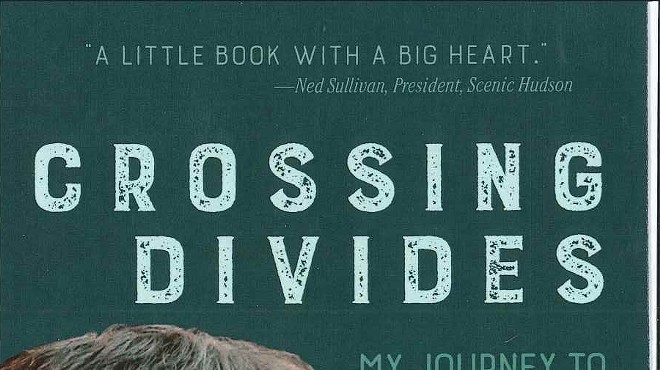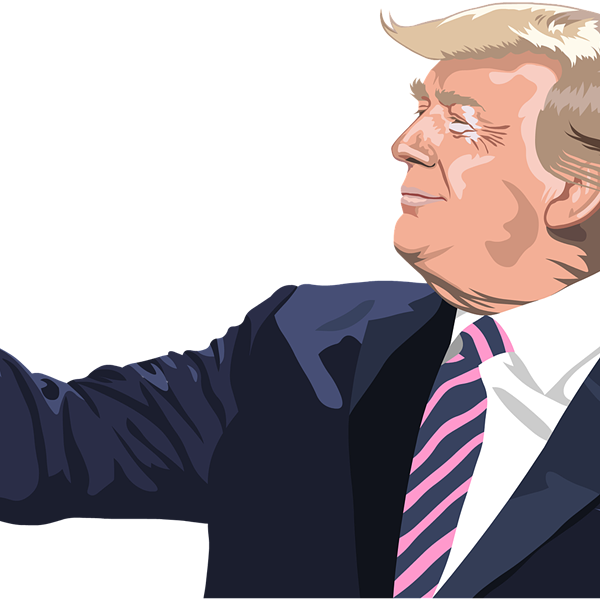The Supreme Court recently threw out campaign finance laws.
The case was Citizens United v. Federal Election Commission.
Citizens United is a conservative group a little to the right of Glenn Beck. They produced a virulently anti-Hillary Clinton film (Hillary: The Movie). Since it was directed at a particular candidate during a political campaign, the Federal Election Commission decided that production and broadcast costs exceeded legally permitted campaign spending limits.
The Supreme Court, in a 5-to-4 verdict, overturned the FEC ruling. The Court’s decision was based on two rather disturbing principles.
The first is that corporations have the same free speech rights as people and those rights can’t be restricted.
Are corporations the same as people? If they are, does it cut both ways? If a corporation commits a crime, should it be treated as a person is treated?
Damon Clinical Laboratories, one of the three major lab testing companies, made, literally, millions of fraudulent claims against Medicare and Medicaid. If a person committed one tenth as many frauds they would go to jail. If a corporation has the rights of a person, shouldn’t it be held to the same standards of responsibility? Shouldn’t the corporation be imprisoned?
Visualize all their employees in orange jumpsuits when they’re at the office so they’re easily identified as working for a criminal enterprise. Make them wear cuffs and shackles when they do business offsite. Allow them the use of only one bank pay phones. Make them stand in line behind other criminal corporations for their five minutes per call.
My best friend, who is a major corporate attorney, says that’s unfair and impractical. If crimes have been committed, then the individuals in the corporations who committed them should, perhaps, go to jail, but not the institutions. After all, the corporations are also doing useful business things and they employ many people who would be injured if the entire corporations were prosecuted.
Many people—I use “people” here to refer to actual flesh and blood individuals—who commit crimes have lives that are otherwise decent and useful and productive. They have families who are dependent on them. Perhaps employers, employees, relatives, and friends who rely on their good services.
Yet we have no problem incarcerating such people and damn the collateral damage to others. Let those cell doors clang!
Is morality and, for that matter, logic, a matter of scale? The answer appears to be yes.
Would it be useful to subject corporations-with-the-same-rights-as-persons to the same penalties as people?
One of the primary purposes of imposing a penalty for crimes is to act as a deterrent both to the particular lawbreaker and to others who might be so inclined. Fines just don’t do the job. On March 21, the Washington Post published an article “When Drug Makers Profits Outweigh Penalties Across the United States.” It detailed the instances in which pharmaceutical companies have pleaded guilty to criminal charges or paid penalties in civil cases when the Justice Department finds that they deceptively marketed drugs for unapproved uses, putting millions of people at risk of chest infections, heart attacks, suicidal impulses or death.
But the fines don’t stop them. The federal prosecutor on the case said, “At the very same time Pfizer was in our office negotiating and resolving the allegations of criminal conduct in 2004, Pfizer was itself in its other operations violating those very same laws.” Such fines are accepted as a cost of doing business.
If the penalties were so severe that they stopped the corporations from doing business, or even cost them more than committing crimes, then management and stockholders would take them seriously.
The other disturbing idea inherent in the Citizens United v. Federal Election Commission is that money is speech.
The necessity to pay for time and space in the forums where speech takes place means that speech is not “free”—it’s paid for. This means that it is dominated by those who can pay for it. The idea that there is a marketplace of ideas in which the best idea will win is as arcane as our vision of farmers and artisans bringing their goods to the village square of a Sunday on horse-drawn wagons. It is a fantasy of a time in when people stood on soap boxes in the park and ideas traveled the distance of a single human voice.
The need to buy the forums where speech takes place leads to the necessity for politicians to raise vast sums of money. This means that virtually all candidates are pre-screened by informally organized committees of millionaires who make sure their ideas are acceptable to monied interests and that contributors will have “access” to those elected when legislation is being written.
Back in 1919, Henry Ford wanted to spend the profits of Ford Motor Company to “employ still more men, to spread the benefits of this industrial system to the greatest possible number, to help them build up their lives and their homes.”
The stockholders rebelled. They sued him. The Michigan court stated:
“A business corporation is organized and carried on primarily for the profit of the stockholders. The powers of the directors are to be employed for that end. The discretion of directors is to be exercised in the choice of means to attain that end, and does not extend to a change in the end itself, to reduction of profits, or to the nondistribution of profits among stockholders in order to devote them to other purposes.” Dodge v. Ford Motor Co., 204 Mich. 459, 170 N.W. 668 (1919).
This is a matter of law. It is a matter of fact. It is a philosophical reality.
A person may care about family, spiritual life, art, the fate of the planet, justice, helping the poor, universal education, the health and welfare of the community. A corporation can not care about those things—except, for example, as a public relations campaign that will, in a demonstrable way, improve their profits.
If the Supreme Court continues to insist that corporations are people with the same rights as people, we, the actual people, have to come up with more imaginative ways to control their excesses. That’s what societies do. They create methods of dealing with the excesses of their renegades.
So, yes, let us put corporation-persons in the equivalent of prison for their crimes.
Let us, we person-persons, demand disclaimers when corporation-persons speak, pay for speech, or pay for others to speak for them. Like this: “We are required by law to only say things that will make us more money. We have made this statement, paid for this political ad, contributed to this campaign, because we will profit by doing so. No matter what we appear to be saying, the real and only purpose of what we say is to make more money.”

















